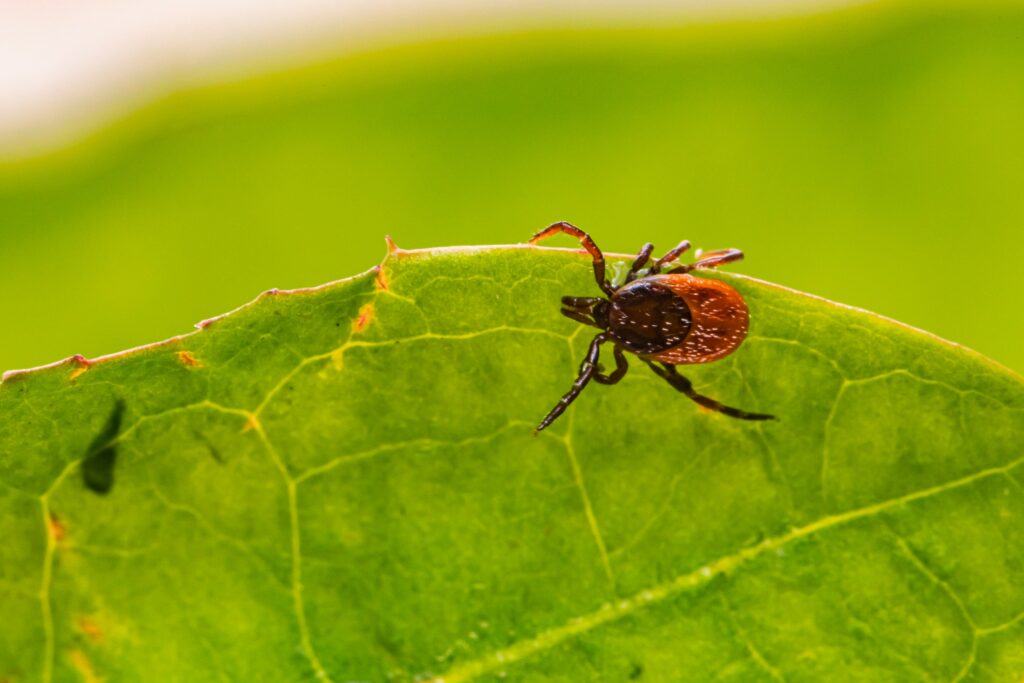Tick bite: What now?
Zecken sind kleine Parasiten, die in der warmen Jahreszeit aktiv sind und Krankheiten wie FSME (Frühsommer-Meningoenzephalitis) und Borreliose übertragen können. Besonders Kinder sind beim Spielen im Freien gefährdet. Im Kinderambulatorium Margareten informieren wir Sie umfassend über passenden Schutz, Symptome und die richtigen Maßnahmen bei einem Biss.
Ein effektiver Schutz beginnt mit passender Kleidung, Repellents und regelmäßiger Hautkontrolle nach dem Aufenthalt im Freien. Sollte es dennoch zu einem Biss kommen, ist schnelles und korrektes Entfernen wichtig – gerne übernehmen wir das fachgerecht bei uns im Ambulatorium.
What is TBE?
TBE stands for tick-borne encephalitis
Inflammation of the brain and meninges
Symptoms: high fever, headache, nausea and vomiting, neck stiffness and sometimes paralysis.
TBE can cause permanent damage and is fatal in some cases
There is no treatment for TBE. Only the symptoms can be treated.
TBE vaccination - Vaccination offers the best protection!
From the 1st birthday
4 weeks after the first vaccination
5 - 12 or 9 - 12 months after the 2nd vaccination - depending on the vaccine
1st booster vaccination: 3 years after the 3rd vaccination
Further booster vaccinations: every 5 years
impfservice wien (o.D.) https://impfservice.wien/fsme-zecken-schutzimpfung/
Robert Koch Institut (29. Februar 2024) https://www.rki.de/SharedDocs/FAQ/FSME/Zecken/Zecken.html









